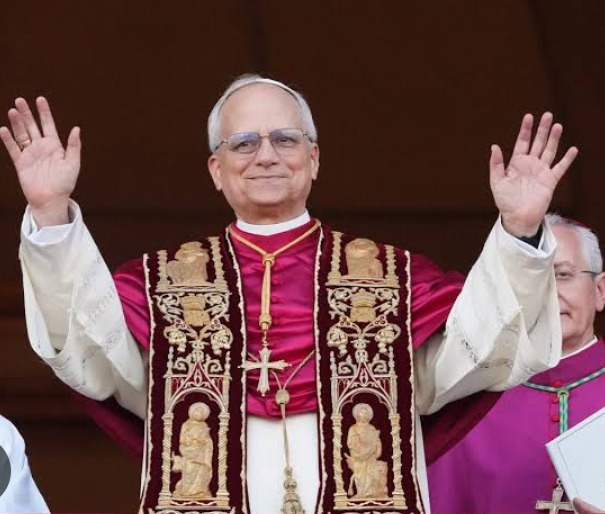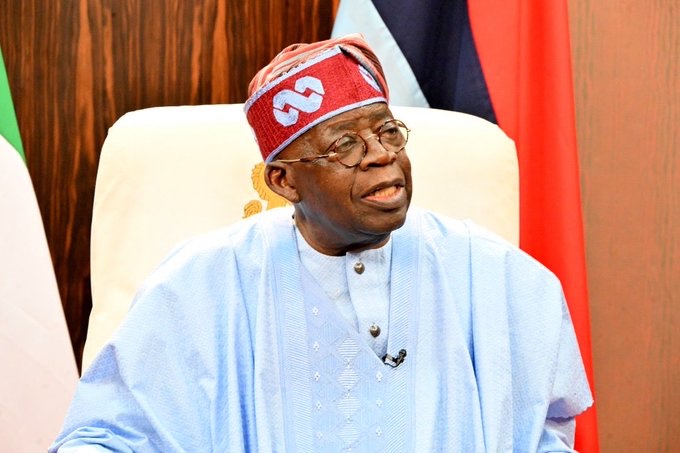
American Cardinal Becomes Pope: Leo XIV Ushers in a New Era

In a historic moment for the Catholic Church, Cardinal Robert Francis Prevost of the United States has been elected as the 267th pope, marking the first time an American has ascended to the papacy. Stepping onto the balcony of St. Peter's Basilica to address the faithful, the newly appointed Pope Leo XIV greeted the world with a message of unity, compassion, and renewed faith.
Cardinal Prevost, 69, hailing from Chicago, Illinois, emerged as the chosen leader after days of anticipation and prayer among the cardinals at the Vatican. As he appeared before the crowd, cheers erupted from the thousands gathered in St. Peter's Square, waving flags and chanting in celebration of the new pontiff. Dressed in traditional white papal attire, Pope Leo XIV raised his hand in blessing, signaling the start of his journey as the spiritual leader of 1.4 billion Catholics worldwide.
The election of Pope Leo XIV is a milestone in the church's history, breaking centuries of tradition by choosing a leader from the United States. Cardinal Prevost’s deep roots in the Catholic community and his dedication to pastoral care made him a respected figure within the College of Cardinals. Prior to his election, he served as the Prefect of the Dicastery for Bishops, where he was known for advocating transparent governance and fostering strong relationships within the global church.
Born in Chicago in 1956, Robert Francis Prevost grew up in a devout Catholic family and pursued his vocation with unwavering commitment. He joined the Order of St. Augustine and was ordained a priest in 1982, dedicating his life to service and spiritual guidance. Over the years, his work took him to various parts of the world, where he advocated for justice, human dignity, and the church's mission to care for the marginalized. His leadership roles within the Augustinian Order and his tenure as bishop in Peru earned him widespread respect and admiration.
Pope Leo XIV’s election comes at a pivotal time for the Catholic Church, as it navigates challenges related to modernity, secularism, and internal reforms. His extensive experience in ecclesiastical administration and his commitment to social justice are seen as guiding principles for his papacy. The choice of the name Leo XIV pays homage to past leaders who championed the church's moral teachings while also signaling a forward-looking vision for the church’s role in a changing world.
The reaction to Pope Leo XIV’s election has been overwhelmingly positive, especially among American Catholics who feel a sense of pride and hope. Many see his appointment as a symbol of the church's evolving identity, reflecting the global nature of Catholicism in the 21st century. Religious leaders worldwide have expressed optimism that his leadership will bring a renewed focus on inclusivity and dialogue within the church.
Political and religious analysts have noted the significance of Pope Leo XIV’s background as an American, given the Catholic Church’s traditionally European leadership. Some view his election as an acknowledgment of the growing influence of the Catholic community in the Americas, where vibrant faith practices coexist with contemporary social challenges. His pragmatic approach to leadership, shaped by his experiences in both the United States and Latin America, is expected to resonate with diverse congregations.
The new pope’s initial address emphasized unity and reconciliation, calling for a collective effort to address global issues such as poverty, conflict, and climate change. His pastoral tone and focus on healing divisions within the church reflect his commitment to fostering a more inclusive and compassionate Catholic community.
As Pope Leo XIV begins his papacy, attention now turns to the direction he will take in addressing pressing issues facing the church, including clerical abuse, declining attendance, and the need for greater transparency. His reputation as a reformer suggests that he may introduce measures to strengthen accountability within the church’s hierarchy while also emphasizing pastoral care and community outreach.
Supporters of Pope Leo XIV believe his experience working with marginalized communities and his advocacy for social justice will shape his vision for a more empathetic and mission-driven church. In his first blessing from the balcony, he expressed a deep sense of humility and dedication to serving all Catholics, regardless of nationality or background.
For many believers, the election of Pope Leo XIV is a moment of renewed hope, signifying the potential for positive change within the church. As he takes on the immense responsibility of guiding the world’s Catholics, his leadership will undoubtedly shape the future of the faith, grounded in tradition while embracing the challenges of modernity. With the prayers and support of the global Catholic community, Pope Leo XIV steps into his new role, ready to shepherd the faithful with wisdom, compassion, and a steadfast commitment to the teachings of Christ.


